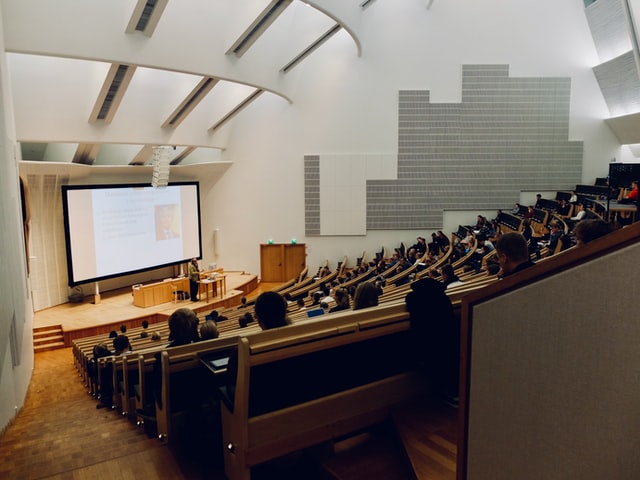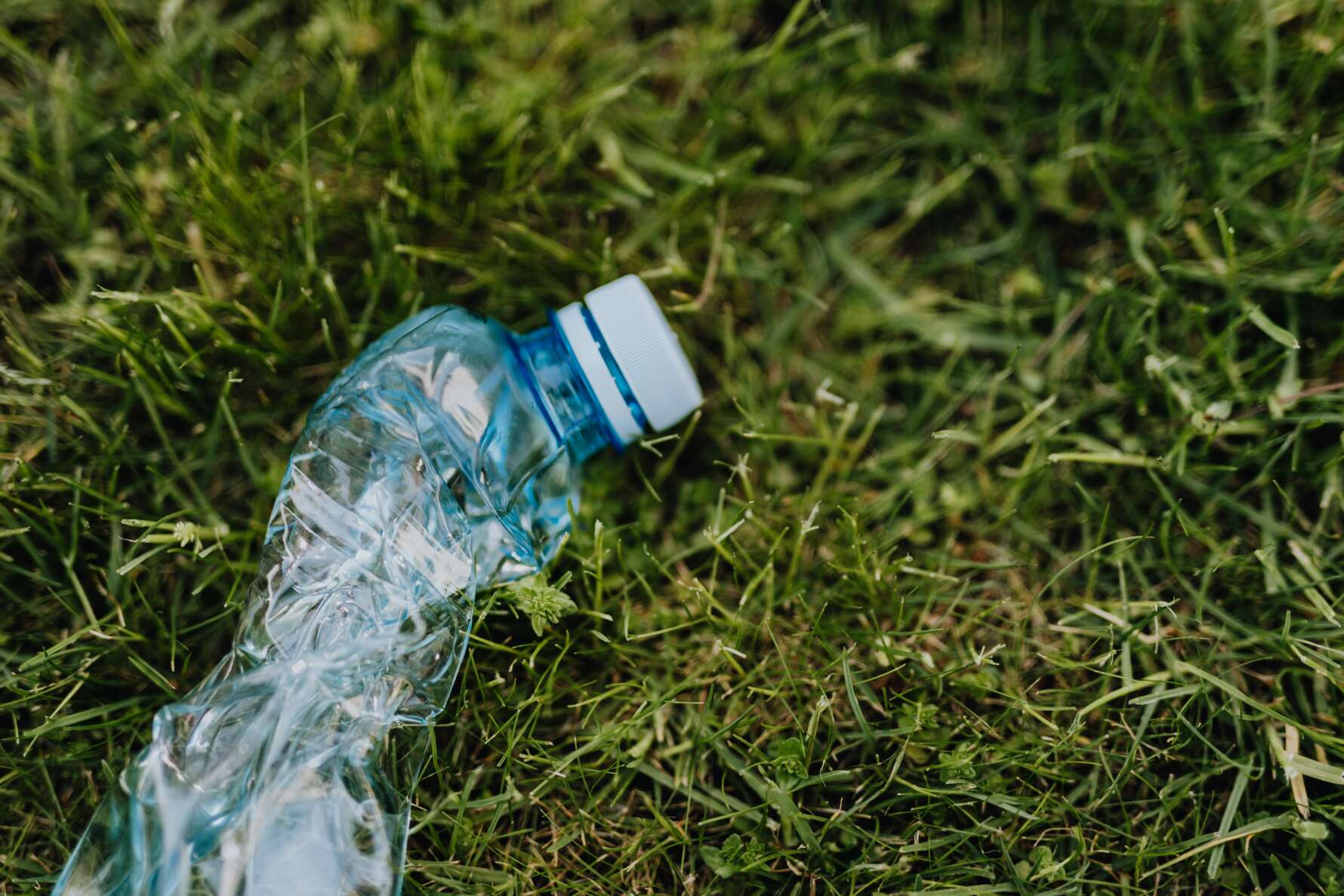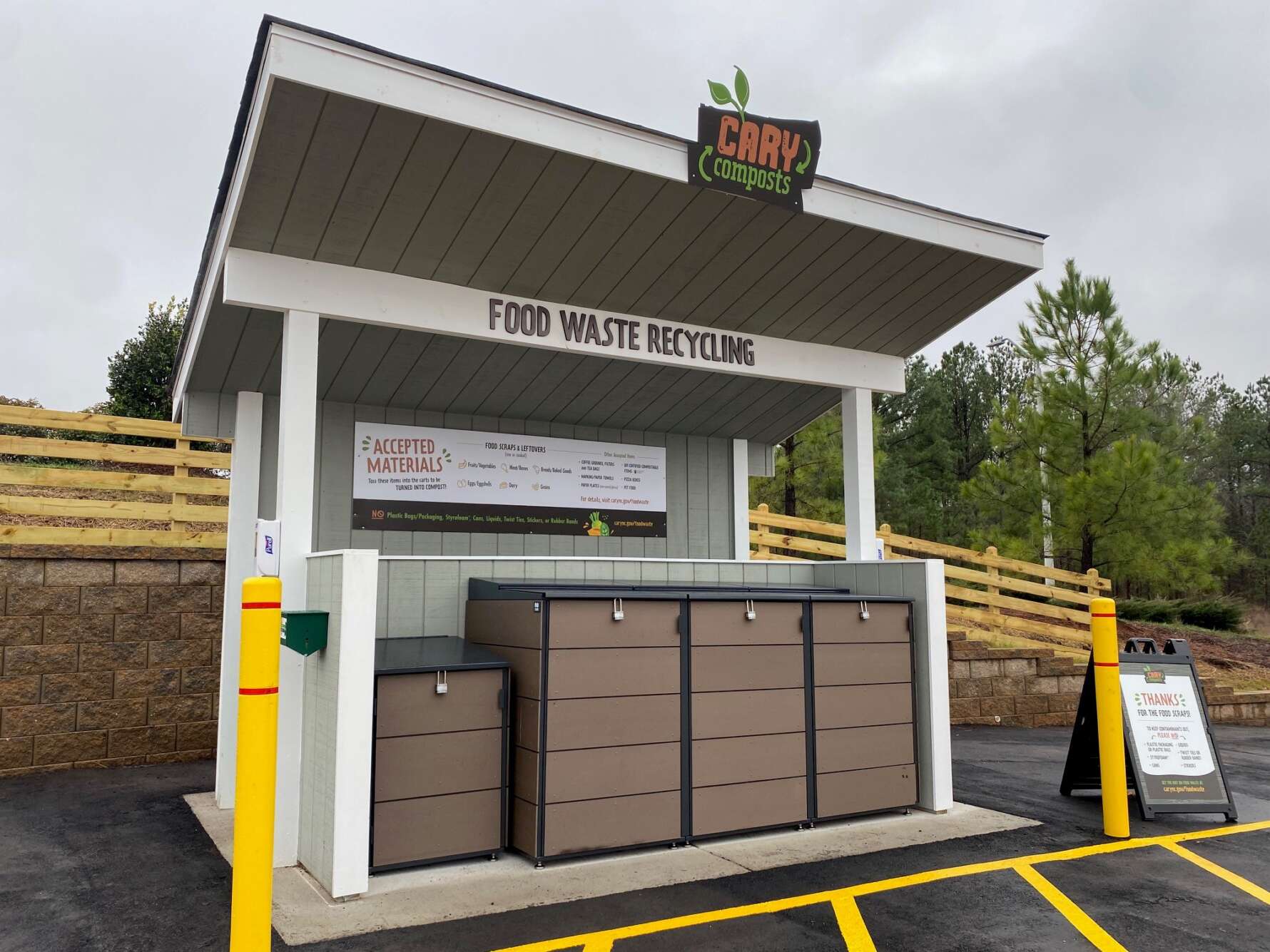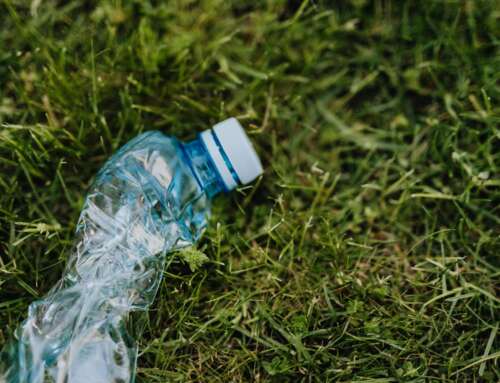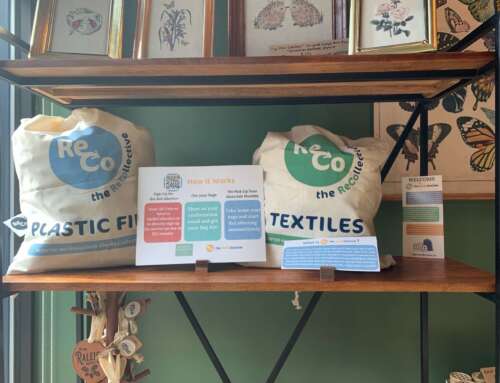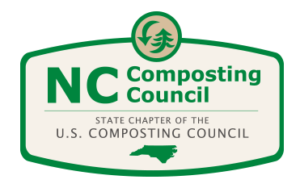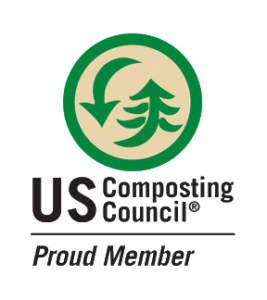College – how to be a waste-conscious student
College – how to be a waste-conscious student
Written By
College brings change, and with the changes to classes and scenery also comes a change in living and learning how to care for yourself. Living in dorms, joining a food plan, and flexible classes and schedules, are all day-to-day changes that will have a big impact on your life in college. You may have been able to grow your own greens and make your own meals at home, or monitor your light and other energy usage, but these things are difficult when living on campus. But don’t worry, there are still many ways you can reduce waste and remain eco-friendly while at college.
Possibly the most important rules of living zero-waste are: buy things second hand, donate them when you are done, and don’t buy (or take) anything you don’t need. These rules apply to dorm/room decor, personal belongings, class and living necessities (such as food), as well as many other things, and are important to keep in mind throughout your waste-conscious journey.
Dorm rooms and your personal style
Dorm rooms are quite small, and you don’t want to overpack. You may have to find creative ways to store belongings without blowing your budget on dorm accessories. I like to use shoe boxes to hold clothes, school supplies, and others, and their ability to be stacked makes them space-friendly. Try not to buy things on impulse, and be sure your purchases will be put to good use living outside the dorms as well. Buy everything you can secondhand – whether that be from thrift stores, neighborhood groups, or older students (many sell used belongings on Facebook or Instagram pages so keep an eye out!). Don’t be afraid to bring room decor you already own.
Many schools sell student kits that contain a combination of dorm necessities, from bedspreads to towels and shower caddies. Do some research to find out if these are worth it; they may be cost effective and easy, making them a great choice for some, but many of the products they contain are cheaply made and will not be usable after a couple years. However, rentals, including minifridges or microwaves, are more likely to be long-lasting and are waste friendly, because it’s hard to know if you will need a minifridge or detached microwave after your college years.

Photo by Norbert Levajsics on Unsplash
Everyday necessities
Reusables, reusables, reusables. Many universities rely on single-use paper and plastics because this is easiest, but a set of silverware, dishes, and tupperware will have you set for all 4 years. Although the recent pandemic has halted this in some places, check if coffee shops will fill up your own mug, and keep a reusable water bottle with you to refill around campus. Bees wrap and reusable storage bags are also great choices for keeping food from home or the dining hall. Reusable produce bags are great for any grocery store and farmers market trips, and tote bags have a variety of uses that beat out plastic bags any day.
Buy everything you can in bulk, and if you’re worried you won’t use it all, consider splitting it with roommates or friends. Instead of using paper towels to clean up around the dorm, you can buy (or make) cleaning spray and cleaning rags (a great reuse option for old t-shirts). Also, consider making the switch to plastic-free toiletries, including body and shampoo bars, natural bath sponges, and reusable stainless steel razors. Plus, a word of advice, don’t be afraid to refuse some of the freebies you’re offered. Most of them will end up in the trash.
Classes
Much of the trash produced directly by classes is likely due to note-taking, which is why I recommend taking notes electronically or with a rocket notebook, and be sure to recycle any paper you can. Write on recycled paper too if possible, with recyclable or refillable pens and pencils. Many teachers will opt to have papers submitted electronically, but if you need to turn in paper copies, print them double-sided (if it’s accepted by your professor). Textbooks are also extremely wasteful, but some professors don’t require them (even if it says so in the class description), so the best thing you can do is to wait for confirmation that you need a textbook before getting one. If you do need a textbook, obtain an electronic one if possible, or buy or rent a used book.
Moving
Congrats! You’re all prepped and ready to move. Be sure to rent storage bins (if you need them) instead of buying ones you will only use once, and wrap any breakable items in towels, clothing, and bedding instead of bubble wrap. For more packing and moving tips, visit our low-waste moving tips blog. Be sure to research specifics you may need depending on your dorm or other living arrangements.
Transportation
Bikes, buses, and walking are the most common forms of transportation on college campuses, which is great! Avoid driving whenever possible, as university or city bus systems will take you almost everywhere you need to go. This applies to rides home as well; try carpooling with people near your hometown or riding a bus or train home during vacations. Avoid automatic bikes and scooters, as these produce a significant amount of CO2 and are not eco-friendly.
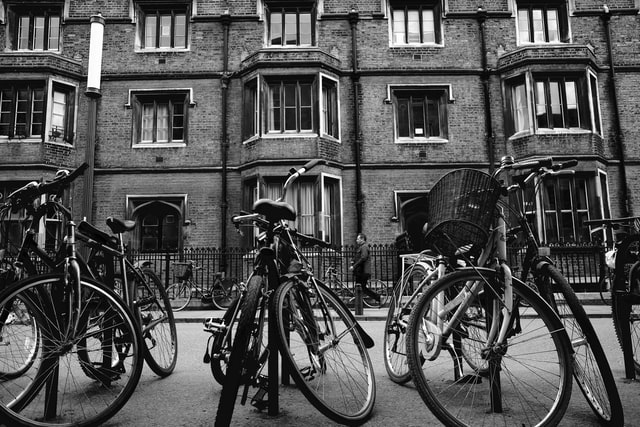
Photo by Tim Bechervaise on Unsplash
End of semester
Congratulations on making it through your first semester of college! Now, what should you do with all those food points/swipes and textbooks and whatever else you have left? Selling or donating is the best option for textbooks, and if you bought it directly from your school, they will most likely buy them back. If you have money left on a university card that expires at a certain point (like a food plan), consider donating food or supplies to other students or to a nearby homeless shelter or somewhere similar.
Most importantly, don’t worry if you can’t do many of the things on this list. Living on a college campus is hard, and we can only hope that schools will continue to move towards eco-conscious methods as time goes on. In fact, if this kind of thing interests you, joining an environmental club or group with your school can help you have an impact on school policy.


